If you want to lead, you've got to read
- Leadership Perspective If you want to lead, you've got to read
Recently, I was in a meeting with a CEO who expressed concern that he no longer had time to read. “I’ve read more books on leadership than most, and they all say the same thing.” However, I discovered that the reason he had no time to read, was that it simply wasn’t a priority.
While it’s impossible to remember everything you read, there are nearly always insights that present a different way of looking at a problem or leadership challenge you may be facing.
Melvyn Bragg’s book, 12 Books That Changed the World[i] got me thinking recently.
While I might have come up with a different selection, Bragg produces a list of ‘books’ that contain significant historical facts, ideas, stories and discoveries that have helped to shape our thinking in relation to economics, medicine, physics, science, law, love, sport, religion and human rights. They included –
- Magna Carta, Members of the English Ruling Classes, 1215
- The King James Bible, William Tyndale and fifty-four scholars appointed by the King, 1611
- The First Folio, William Shakespeare, 1623
- Principia Mathematician, Isaac Newton, 1687
- Patent Specification for Arkwright’s Spinning Machine, Richard Arkwright, 1769
- An Inquiry into the Nature and Causes of the Wealth of Nations, Adam Smith, 1776
- On the Abolition of the Slave Trade, William Wilberforce in Parliament, 1789
- A Vindication of the Rights of Woman, Mary Wollesoncraft, 1792
- Experimental Researches in Electricity (3 Volumes), Michael Faraday, 1839-1855
- On the Origin of Species, Charles Darwin, 1859
- The Rule Book of Association Football, group of former English Public School men, 1863
- Marries Love, Marie Stopes, 1918
Having read Bragg’s book, I tried to assemble my own list of books that have been a significant part of my own leadership journey. Obviously, this is not an exhaustive list, and I can only imagine how difficult Bragg found it! –
- Powerful Personalities, Tim Kimmel, 1993
- The Long Walk to Freedom, Nelson Mandela, 1994
- The Bible – New International Version, 1996
- Spiritual Leadership, Henry & Richard Blackaby, 2001
- The First 90 Days, Michael Watkins, 2003
- A Short History of the 20thCentury, Geoffrey Blainey, 2005
- The Speed of Trust by Stephen M. R. Covey, 2006
- Virtuous Leadership, Alexandré Havard, 2007
- How the Mighty Fall And Why Some Companies Never Give In, Jim Collins, 2009
- Amazing Dad: Letters From William Wilberforce to His Children, Stephanie Byrd, 2010
- Servant-Leadership Across Cultures, Fons Trompennars & Ed Voerman, 2010
- How Will You Measure Your Life, Clayton M. Christensen, James Allworth, and Karen Dillon, 2012
What’s the bottom-line?
Below are questions to help you review the priority you give to reading as part of your commitment to leadership –
- What fields, or areas of specialization, do you find interesting, refreshing and motivating?
- Are there any gaps in your experience or professional development that could be addressed by finding a good resource?
- If reading could deliver you a 10-20 percent improvement in your performance, what changes would you make to your schedule to make this a priority?
[i] Melvyn Bragg, 12 Books That Changed the World (London: Hodder & Stoughton, 2012).
Related Content




Comments